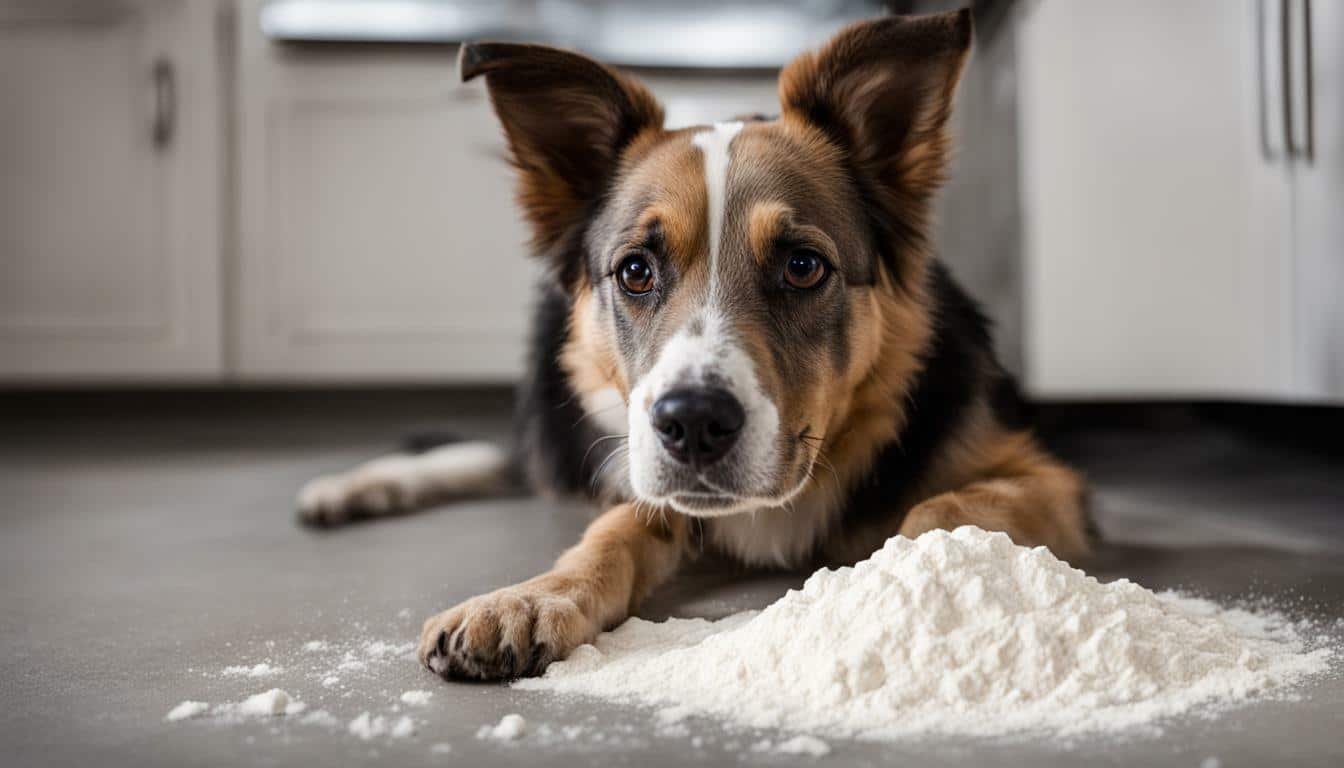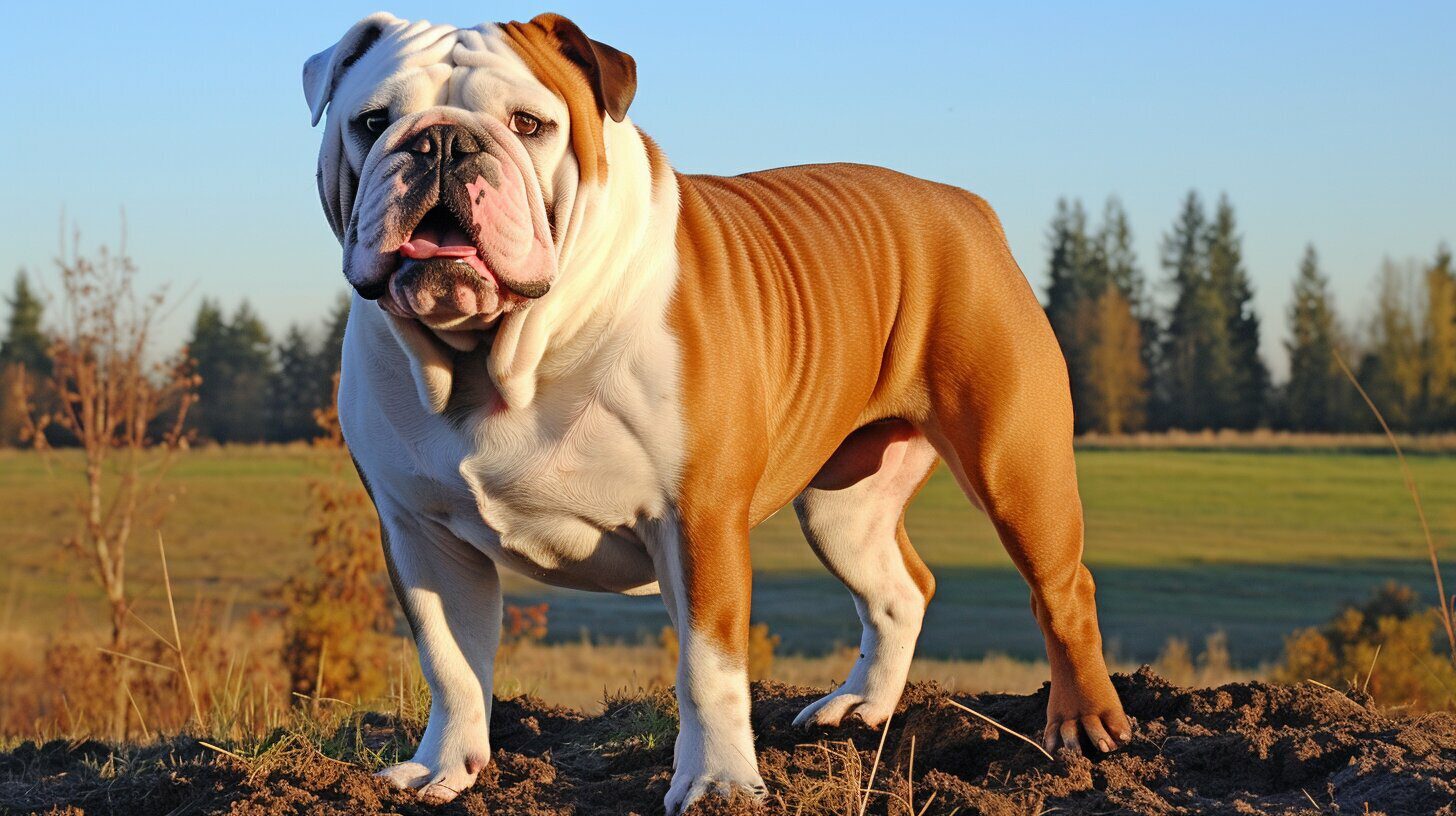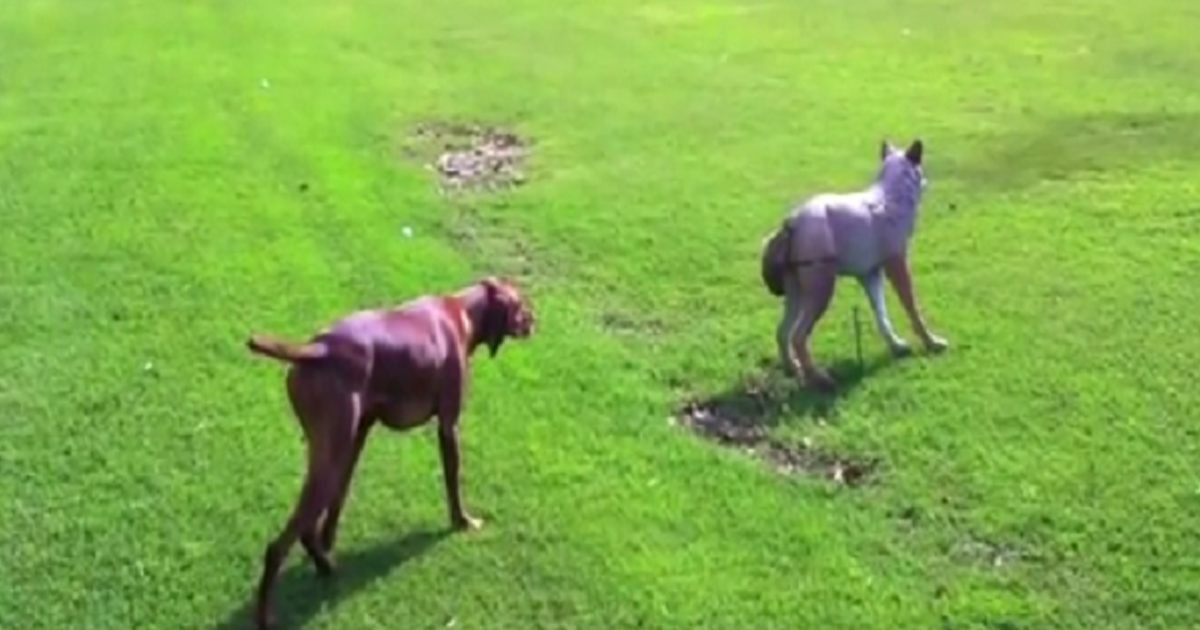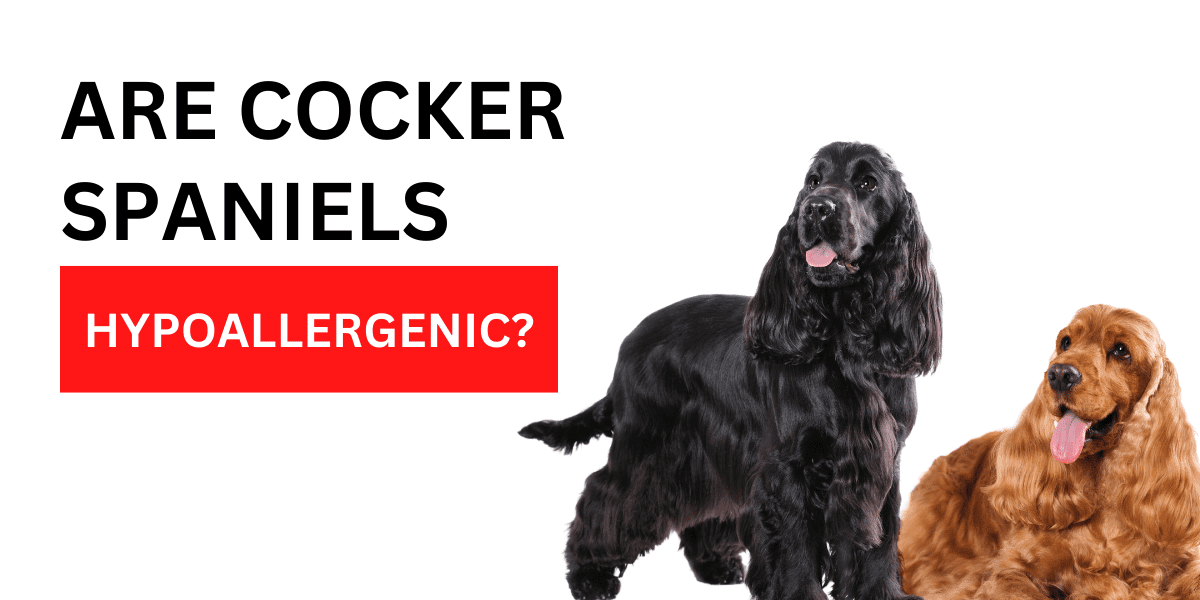
Are cocker spaniels hypoallergenic? This is a question that many people have when considering this breed of dog. In order to answer this question, it is important to first understand what both of these terms mean.
What is a Cocker Spaniel?
The cocker spaniel is a breed of dog that is known for its floppy ears and short, shiny coat. They are often considered to be one of the most versatile breeds of dogs, as they can be used for hunting, as pets, or in show competitions.
There are two types of cocker spaniels: the American Cocker Spaniel and the English Cocker Spaniel. The American Cocker Spaniel is smaller than the English Cocker Spaniel, and has a more rounded head. The English Cocker Spaniel has a more angular head, and is larger than the American Cocker Spaniel.
Both types of cocker spaniels come in a variety of colors, including black, white, brown, red, and golden. Cocker Spaniels are known for being intelligent, friendly, and trainable dogs. They are good with children and other pets. They require moderate exercise and grooming. Because they were originally bred as hunting dogs, they have a strong instinct to chase after small animals like squirrels and rabbits. For this reason, it is important to keep them on a leash when they are outdoors.
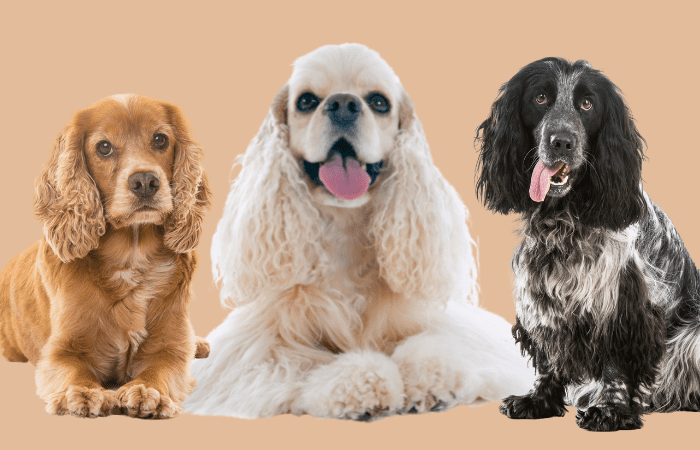
What is a Hypoallergenic Dog?
A hypoallergenic dog is a dog that is less likely to cause an allergic reaction in people. This type of dog has been bred to have a low level of dander, which is the tiny particles that can cause allergic reactions in some people.
There are a number of different breeds of hypoallergenic dogs, including the poodle, the labradoodle, the schnauzer, and the yorkie. These breeds have been specifically bred to have low levels of dander, and are therefore less likely to cause an allergic reaction in people who are sensitive to allergens.
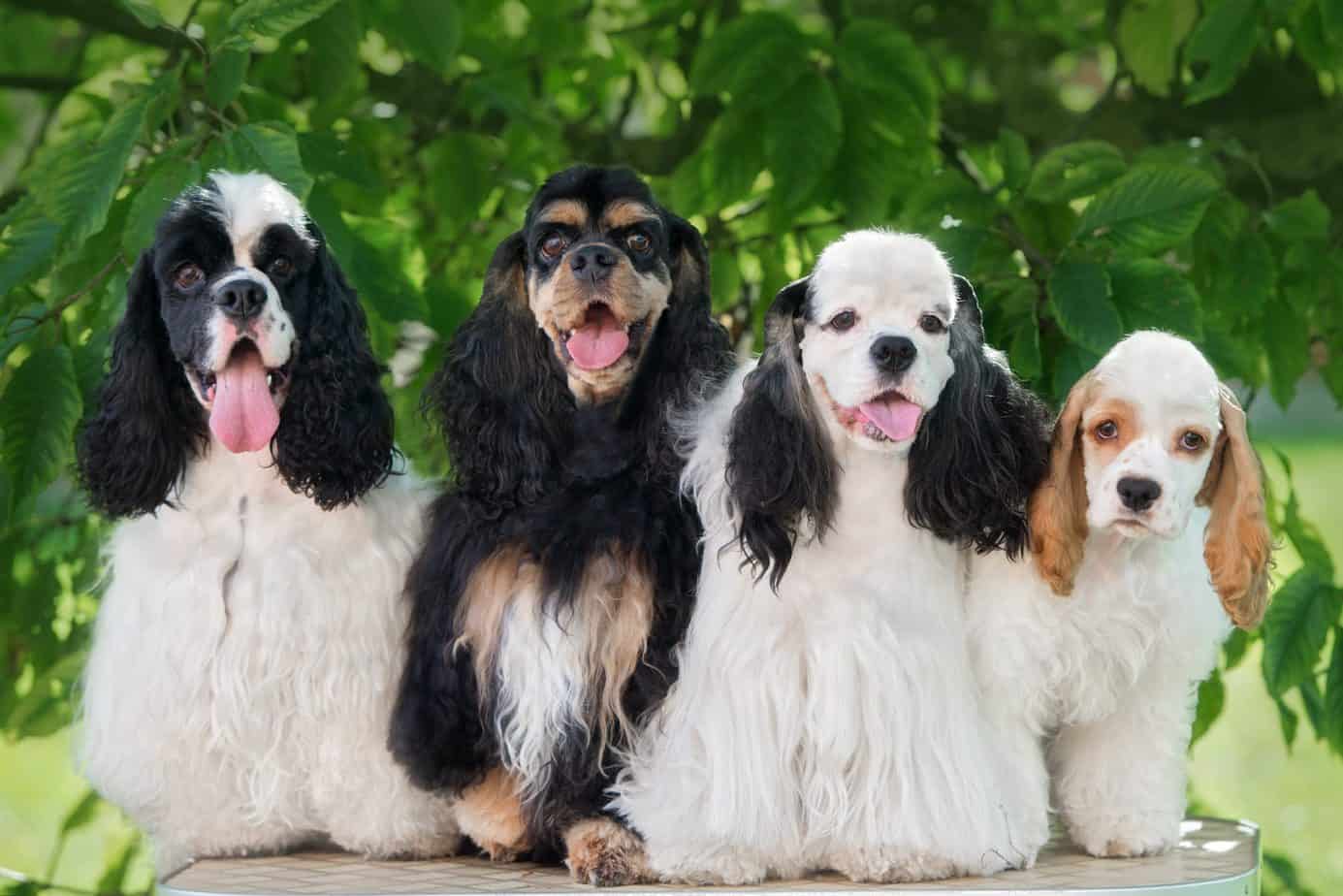
What Causes Allergies?
Allergies are caused by proteins that are found in a dog’s skin, saliva, and urine. When these proteins come into contact with the human body, they trigger an immune system response. The symptoms of this response can be anything from sneezing and watery eyes to difficulty breathing and even anaphylaxis.
Why Do Some Dogs Trigger Allergies and Others Don’t?
The truth is, we don’t really know why some dogs trigger allergies and others don’t. It could be anything from the type of protein to the amount of protein that is present. Additionally, it could also be related to how often a person is exposed to the allergen.
If you are looking for a dog that is less likely to cause an allergic reaction, then a hypoallergenic breed may be the right choice for you. Keep in mind, however, that not all people are allergic to dogs, so even if you have allergies it is possible that you may not be allergic to certain breeds of hypoallergenic dogs.

Are All Cocker Spaniels Hypoallergenic?
No, not all cocker spaniels are hypoallergenic. While all cocker spaniels do not fall into the hypoallergenic category, some may be considered more hypoallergenic than others. This is due to the fact that some cocker spaniels have been bred to have a low level of dander.
If you are looking for a breed that is less likely to cause an allergic reaction, then you may want to consider one of these:
American Cocker Spaniel
The American Cocker Spaniel is a breed of dog that does not shed very much. This is because the coat of an American Cocker Spaniel is made up of two layers – an outer layer of long, silky hair, and an undercoat of shorter, finer hair. The undercoat does not shed as much as the outer coat, which means that there is less dander (dead skin cells) left behind when the dog sheds its coat. Less dander means that there is less of an opportunity for allergic reactions to occur.
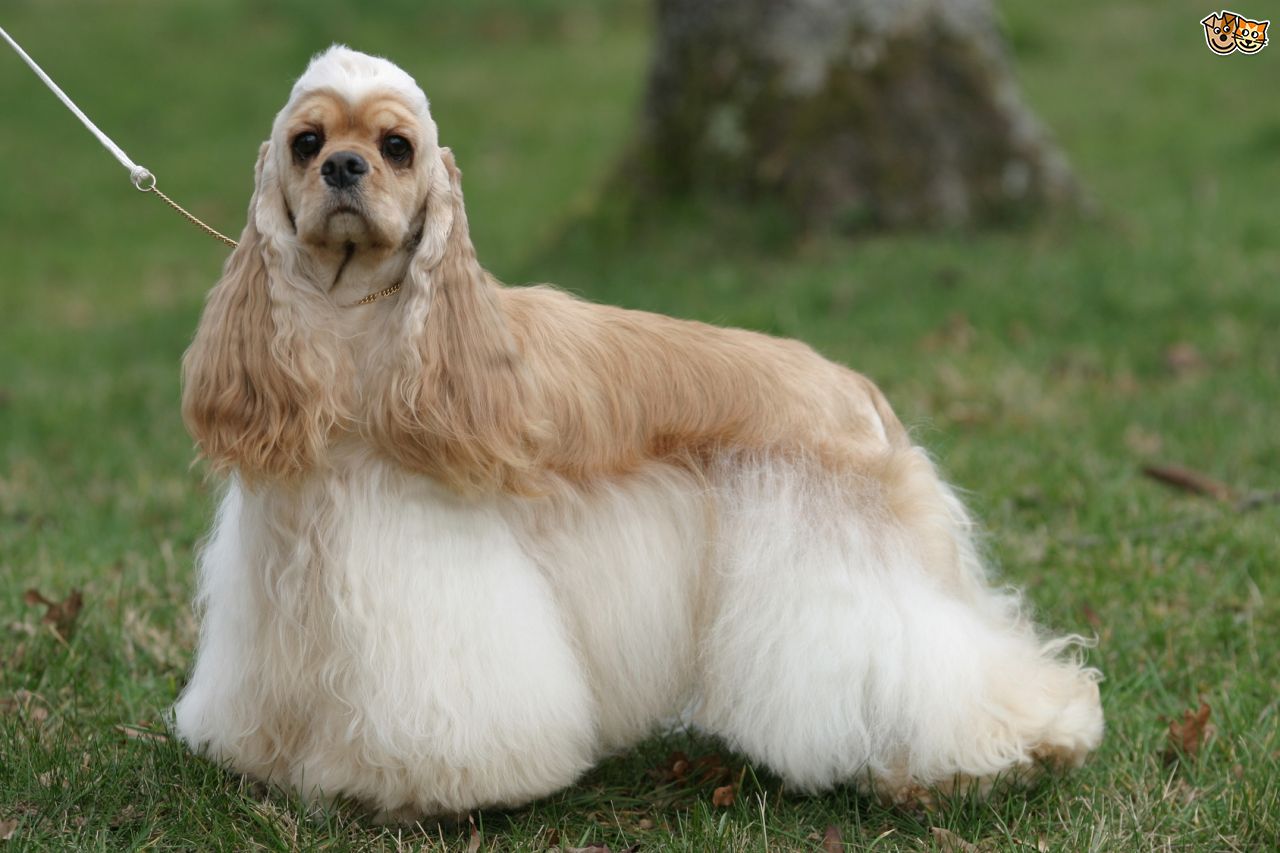
English Cocker Spaniel
The English Cocker Spaniel is considered a hypoallergenic dog breed because they do not shed very much. This means that there will be less dander in the air, which is what causes allergic reactions in people. The English Cocker Spaniel also has feathers instead of fur, which further reduces the amount of allergens they produce.
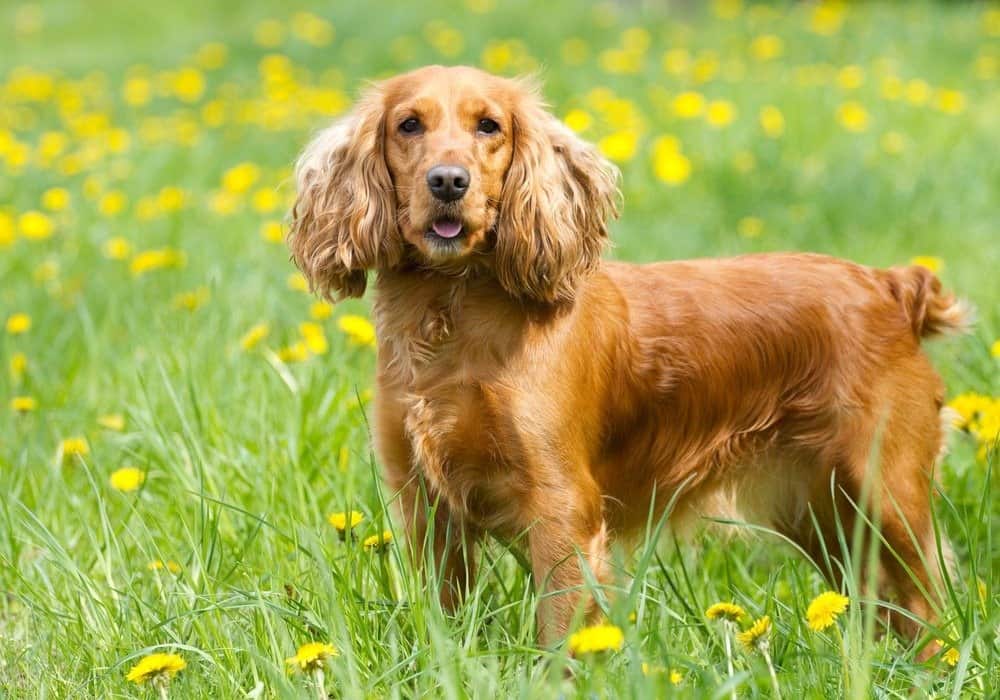
Poodle
Poodles are one of the most hypoallergenic dog breeds available. This is because they do not shed very much, and they have a low level of dander. Poodles come in three different sizes – toy, miniature, and standard – and each size has its own unique set of characteristics.
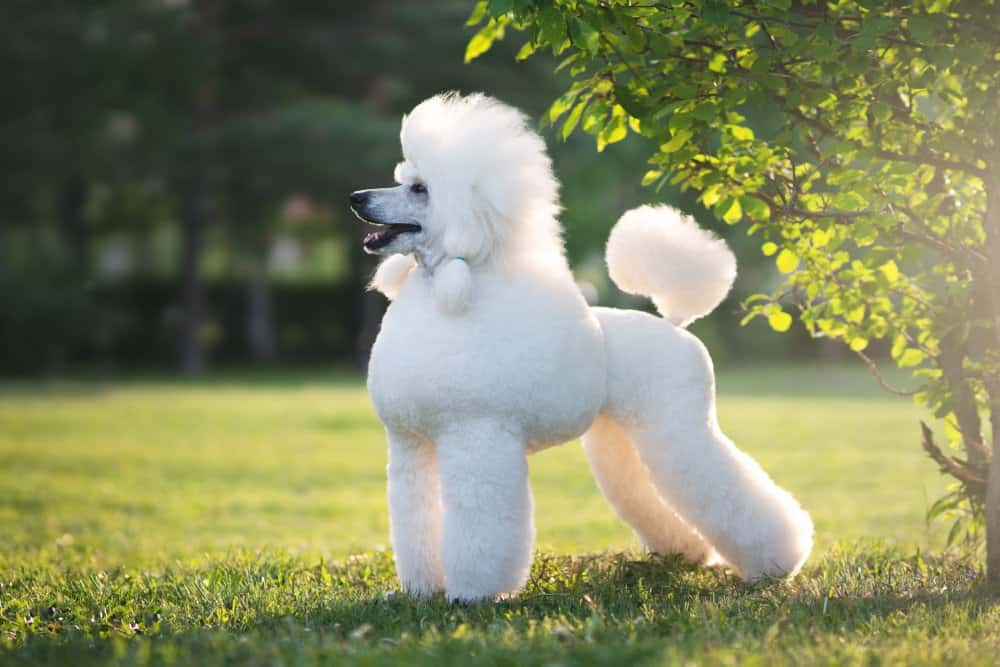
Labradoodle
While most Labradoodles do inherit the non-shedding coat of the Poodle parent, they can also inherit the shedding coat of the Labrador Retriever parent. This means that whether or not a Labradoodle is hypoallergenic depends largely on genetics.
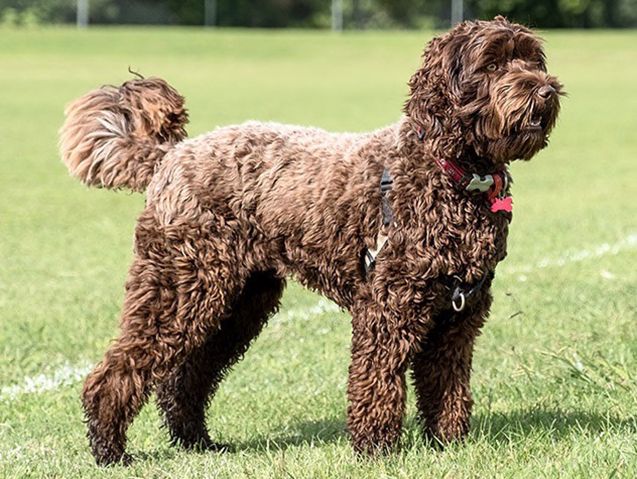
Schnauzer
All three types of Schnauzers (Giant, Standard, and Miniature) are considered to be hypoallergenic. This is due in part to their wiry coats which trap dander and saliva rather than releasing them into the air. As an added bonus, these dogs also don’t shed very much.
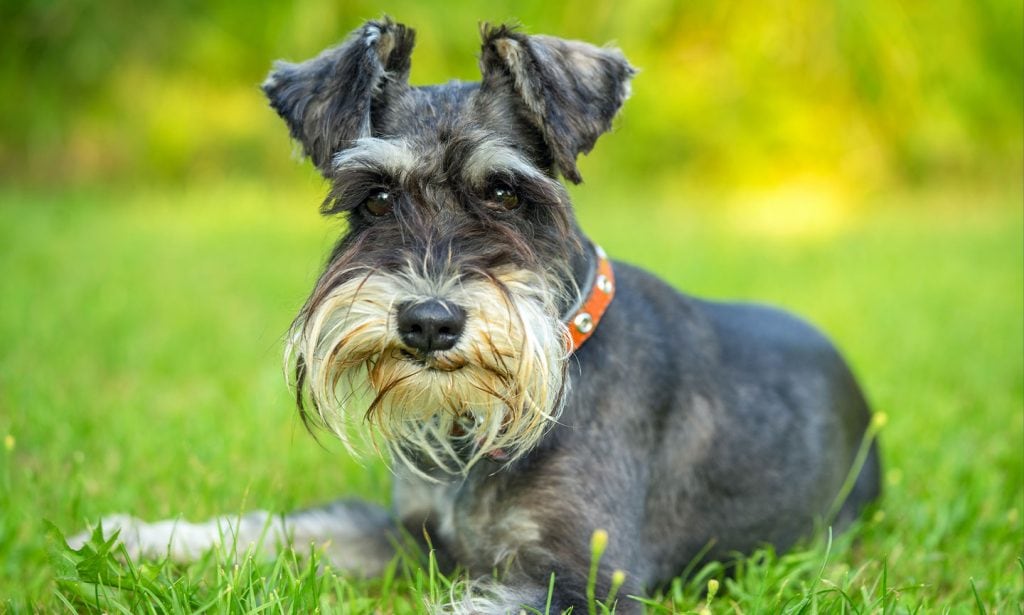
Yorkie
Yorkies are considered hypoallergenic because they have a single layer of fur instead of the double layer that most other breeds have. This means that they shed less and produce less dander, which is the main cause of allergies in people. Yorkies also have very little body odor, which further reduces the chances of an allergic reaction.
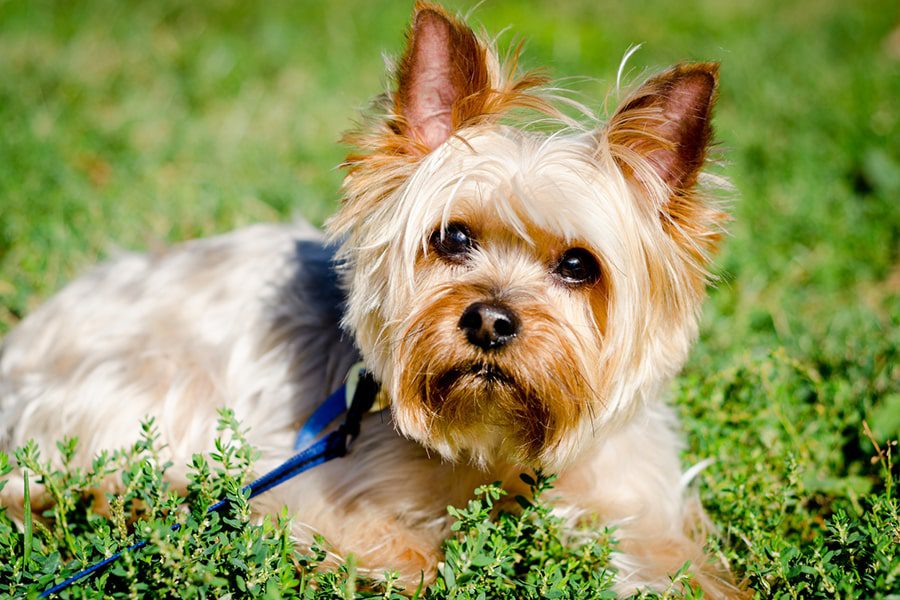
The Truth About Cocker Spaniel Allergies
A lot of dog owners are under the impression that cocker spaniels are hypoallergenic. Unfortunately, this isn’t not always the case. While cocker spaniels don’t shed as much as other dogs, they can still cause allergies in people who are sensitive to pet dander.
The Science Behind Cocker Spaniel Allergies
Cocker spaniels are often thought to be hypoallergenic because they don’t shed as much as other dogs. However, the truth is that all dogs produce allergens, including cocker spaniels. The proteins that cause allergies are found in a dog’s saliva, dander, and urine. When a dog licks its fur, the proteins in its saliva mix with the proteins in its skin and are released into the air. These proteins can then be inhaled by people who are allergic to them, causing symptoms such as sneezing, coughing, and watery eyes.
Dander is another major source of allergens for people with dog allergies. Dander is made up of dead skin cells that are shed from a dog’s body. Like saliva, dander can contain proteins that can trigger an allergic reaction in sensitive individuals. Urine also contains these proteins, which is why some people may have an allergic reaction when they’re around a dog that has just urinated.
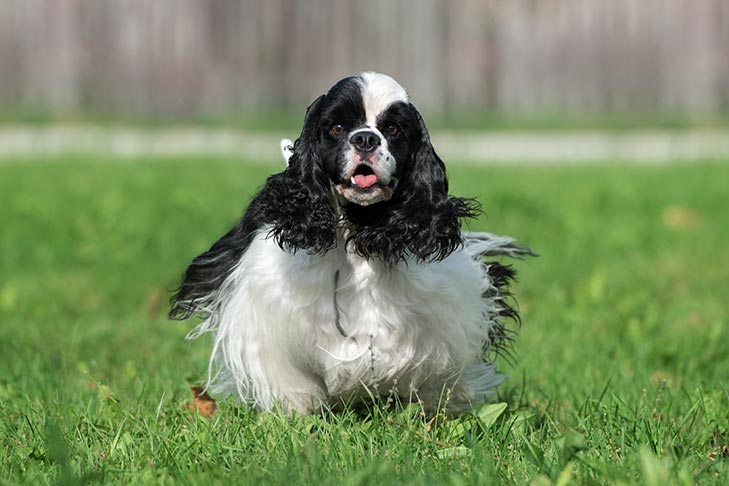
Allergies vs. Asthma
It’s important to note that not everyone who has trouble breathing around dogs has an allergy to them. In some cases, people may have asthma that is triggered by animals. Asthma is a chronic condition that affects the lungs and airways. People with asthma may experience shortness of breath, wheezing, and coughing when they’re around animals or other triggers such as dust or pollen. If you’re not sure whether you have an allergy or asthma, it’s important to see a doctor so you can get proper treatment.
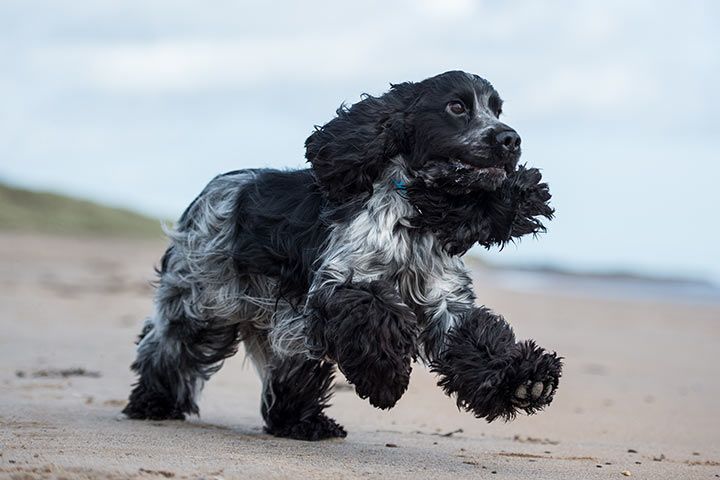
How to Deal With Cocker Spaniel Allergies
If you’re one of the millions of people who suffer from allergies to dogs, you may think that a cocker spaniel is not the right pet for you. However, this doesn’t have to be the case. There are many things you can do to reduce your chances of having an allergic reaction when around a cocker spaniel.
1. Reduce your exposure to allergens.
This means keeping your dog out of your bedroom and other rooms in the house where you spend a lot of time. It also means keeping your dog clean and groomed so there is less dander on its coat.

2. Use a HEPA air filter in your home.
HEPA stands for High Efficiency Particulate Air. HEPA air filters are designed to remove 99.97% of airborne particles that are 0.3 microns or larger from the air. This includes things like dust, pollen, smoke, and pet hair/dander. A HEPA air filter can help remove allergens from the air, making it easier for you to breathe.

3. Take antihistamines before spending time with your dog.
Antihistamines can help reduce the symptoms of an allergic reaction. It can aid relieve itching, runny nose, and watery eyes. Nasal corticosteroids can help reduce inflammation and congestion. And if your symptoms are particularly severe, you may need to take a short course of oral corticosteroids. Be sure to talk to your doctor before taking any medication, and follow the instructions carefully.
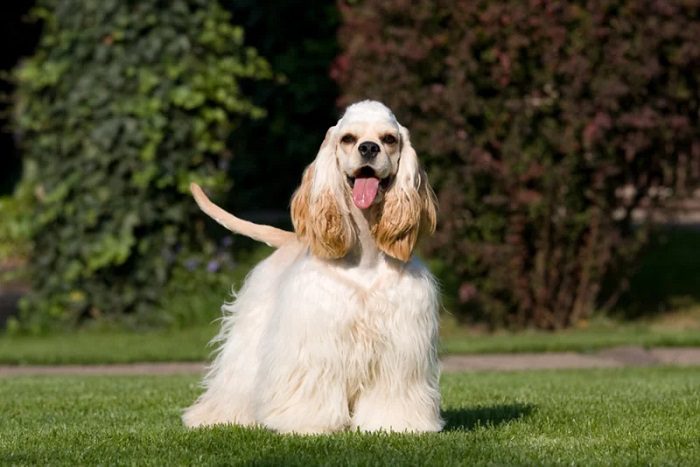
4. Wear a dust mask when playing with or grooming your dog.
A dust mask will help keep allergens from entering your nose and mouth. If you have asthma or other respiratory conditions, coming into contact with pet dander, dust, and pollen can trigger an asthma attack. Wearing a dust mask will filter out these harmful particles and help you breathe easier.
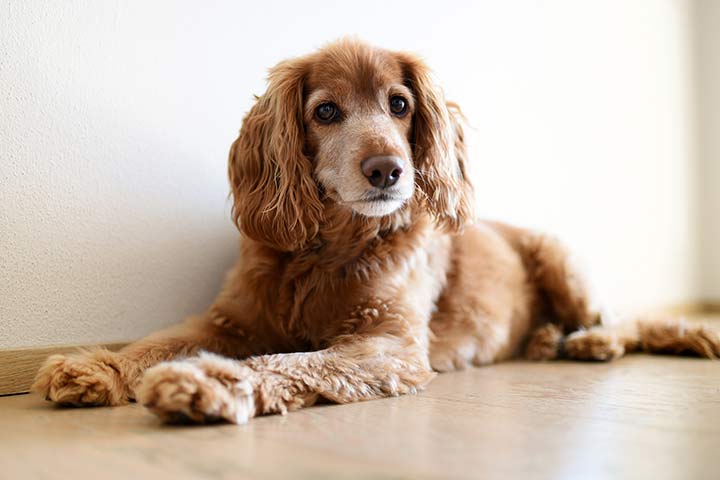
5. See an allergist for treatment.
An allergist can help you find the right medication to control your symptoms. If you’re allergic to dogs, you may be able to get shots that will help reduce your symptoms.
Moreover, it’s important to get rid of anything in your home that could be exacerbating your symptoms. This means getting rid of carpets, drapes, and any other fabric that could be harboring dust mites or other allergens. If you have hardwood floors, be sure to clean them regularly. It’s also important to vacuum and dust regularly.
In addition to cleaning your home, you’ll also need to take care of your own health. This means taking showers after spending time with your dog and using a saline nasal spray to clear out your sinuses. You might also want to consider taking an antihistamine before spending time with your cocker spaniel.
With a little effort, you can enjoy the companionship of a cocker spaniel even if you’re allergic to them. By taking some simple precautions, you can minimize your exposure to allergens and make it easier to live with your allergies.
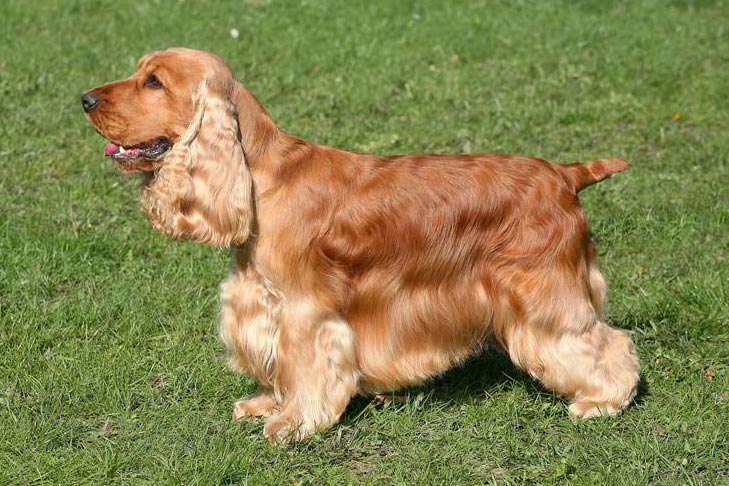
10 Things You Need to Know Before Getting a Cocker Spaniel
Cocker spaniels are one of the most popular dog breeds in the United States. It’s easy to see why; they’re friendly, playful, and loving creatures that make great family pets. But before you run out and get yourself a cocker spaniel, there are a few things you need to know.
- Cocker spaniels are known for being friendly dogs, but they can also be quite independent. This means that they’re not always the easiest to train. If you’re looking for a dog that will obey your every command, a cocker spaniel may not be the right breed for you.
- Cocker spaniels are high-energy dogs that need a lot of exercise. If you don’t have the time or energy to take them for long walks or runs every day, then a cocker spaniel is probably not the right breed for you.
- Cocker spaniels are prone to certain health problems, such as ear infections and hip dysplasia. This means that they require more vet care than some other breeds of dogs.
- Cocker spaniels DO shed. If you’re not prepared to deal with dog hair on your furniture and clothes, then a cocker spaniel is probably not the right breed for you.
- Cocker spaniels are notorious eaters and will eat just about anything they can get their paws on, including food that’s not good for them. This means that you’ll need to be careful about what you leave lying around and make sure that your garbage is inaccessible to your dog.
- Cocker spaniels LOVE water and will jump into any body of water they can find, no matter how dirty it is. This means that if you live near a lake or pond, you’ll need to keep a close eye on your dog when they’re outside so they don’t wander off and get lost.
- Cocker spaniels are known for being vocal dogs; they bark at just about anything and everything (including leaves falling from trees). If you live in an apartment or condo and can’t have a noisy dog, then a cocker spaniel is probably not the right breed for you.
- Because of their long fur, cocker spaniels require regular grooming – typically every few weeks – to prevent matting and tangles. If you’re not prepared to invest the time (and money) into grooming your dog properly, then a cocker spaniel is probably not the right breed for you.
- Cocker spaniels are social creatures who crave human attention and interaction. A cocker spaniel is probably not the breed for you if you work long hours or travel regularly.
- Cocker spaniels make great family pets but they’re also great companion animals for single people as well. If you’re looking for a loyal friend who will provide years of companionship , then a cocker spaniel might be the perfect breed of dog for you . Just be sure to do your research first so that you know what you’re getting yourself into!
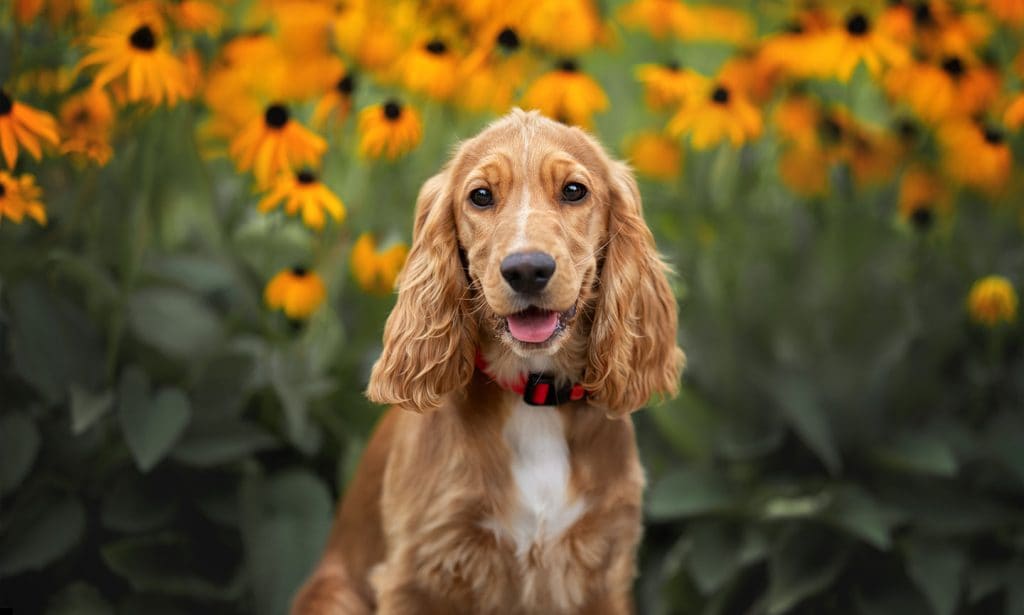
Cocker spaniels make great pets for families and individuals alike but they are not the right dog for everyone. If you have the time and energy to commit to exercising them regularly and grooming their fur, then a cocker spaniel could be the perfect addition to your home.
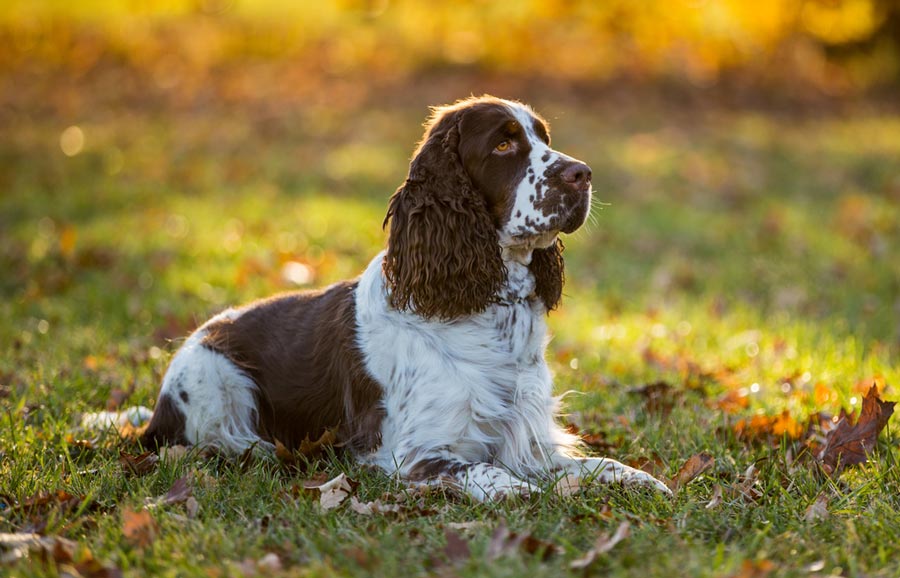
Final Thoughts
So, are cocker spaniels hypoallergenic? The answer is that cocker spaniels are not technically hypoallergenic, but they are considered to be one of the most allergy-friendly breeds because they produce less dander than other breeds of dogs. Of course, don’t forget the fact that even if you have allergies, it’s possible that you won’t have allergies to some hypoallergenic dog breeds. If you’re looking for a hypoallergenic dog breed, a cocker spaniel may be a good option for you.
Over and above that, if you’re considering getting a cocker spaniel, there are a few things you need to know before making your decision. Cocker spaniels are high-energy dogs that need plenty of exercise, and they can be quite independent when it comes to training. And because of their long fur, cockers require regular grooming to prevent matting and tangles. So if you’re willing to commit the time and energy necessary to care for a cocker spaniel, they make great pets for families and individuals alike!
Frequently Asked Questions (FAQs)
Q. How bad are cocker spaniels for allergies?
The cocker spaniel dog actually has very little protein in their dander, making it one of the greatest hypoallergenic breeds. This means that most people are unlikely to experience allergic reactions to the dander on these pets.
Q. Does cocker spaniels shed a lot?
Yes, Cocker Spaniels do shed, however each dog’s level of shedding varies. Kim Vavolo, a seasoned Cocker groomer, claims that spring and fall are the seasons when Cockers shed the most.
Q. Why does my cocker spaniel smell so bad?
Cocker spaniels can smell foul for a variety of reasons, much like many other dog breeds. Ear infections, skin infections, dirty coat, poor oral hygiene, gassiness, or impacted anal sacs are a few common causes of foul odor.
Q. Are cocker spaniels big shedders?
Overall, Cocker Spaniels don’t have the most hair production, but they do shed a lot. For this reason, as well as to keep their coats tidy, unmatted, and cozy, dogs need frequent grooming.

